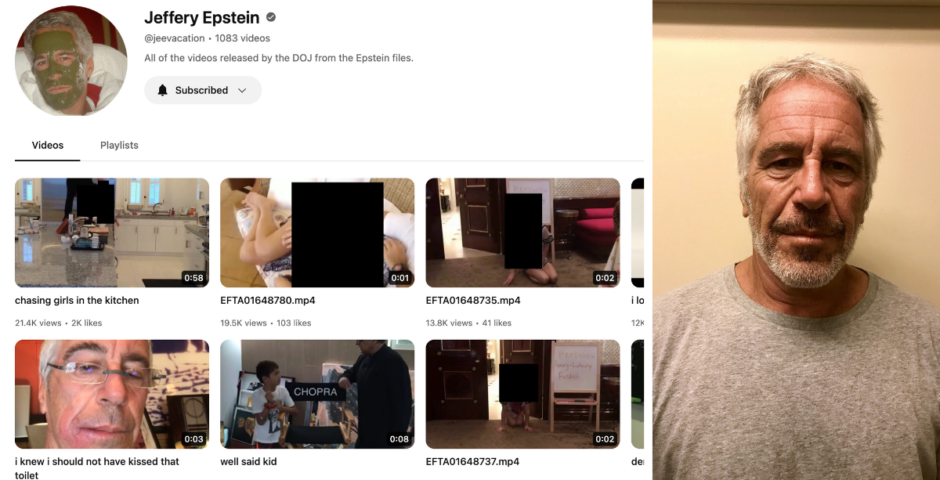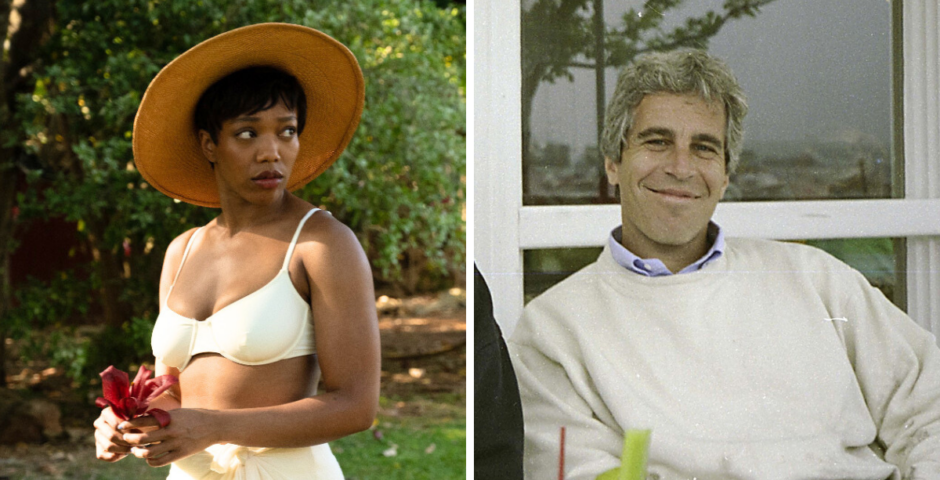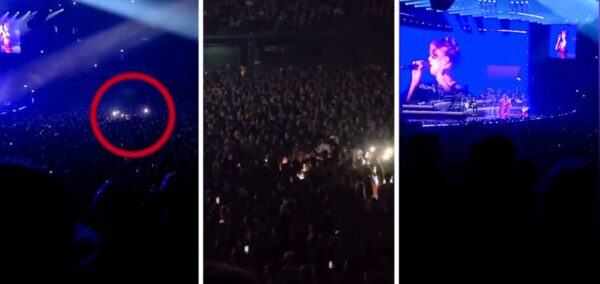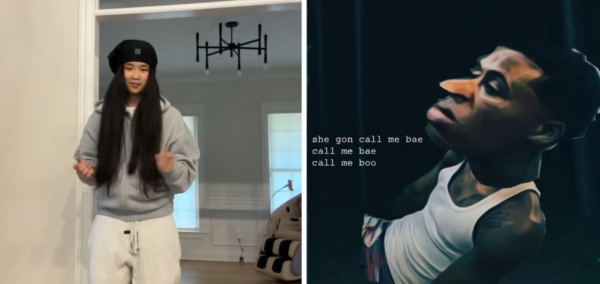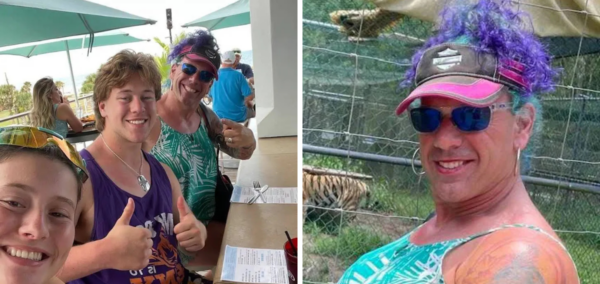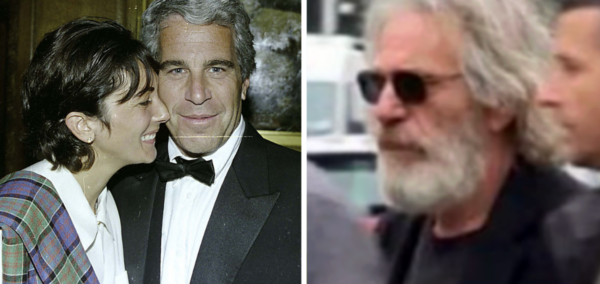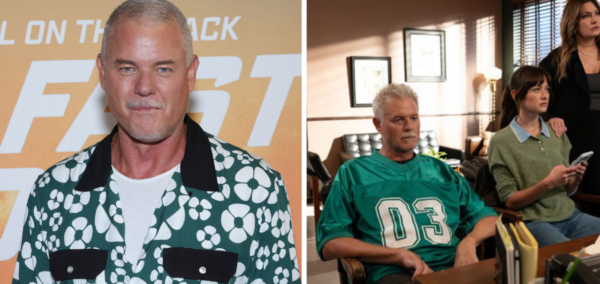
Bristol Uni to change logo but not rename buildings following inquiry into slave trade links
‘What really matters to us is our lived experience today and we don’t see how changing the names of the buildings is going to make any difference’
Following a year-long public consultation with staff, students, and local community members, the University of Bristol has decided not to rename seven buildings associated with the slave trade.
The names of all current buildings, including the Wills Memorial Building and the Fry Building, will remain the same after the 4,000 responses to the consultation highlighted the importance of acknowledging and explaining the past.
Both the Wills and Fry families made significant financial payments that contributed to the founding of the university. Although they didn’t own or traffic enslaved people directly, their wealth was connected to the trade in tobacco, sugar, and cocoa, products associated with enslaved labour.
The dolphin emblem of Edward Colston will, however, be removed from the university logo. Colston was a 17th-century investor in the slave trade whose statue was famously toppled into the harbour during a Black Lives Matter protest in 2020.
The university received no funding from Colston but his emblem formed part of the university’s crest.
The sun symbol of the Wills family and the horse emblem of the Fry family will remain, as per the decision to keep their building names.
Speaking to The Bristol Tab, vice-chancellor Evelyn Welch said the feedback in the survey was “superficially very straightforward.
“The majority of respondents said, we don’t want to rename our buildings” but the university used data analysts at the Gene Golding Institute to pull out “this really overriding theme for black staff, students, alumni, and members of the general public which was: ‘You’re so busy focussing on the past and on the names of your buildings, but that’s not what really matters to us.
“‘What really matters to us is our lived experience today and we don’t see how changing the names of the buildings is going to make any difference.'”
The university will also establish a £10 million “Reparative Futures” programme to address racial injustices in both the university and the local communities it works with.
The vice-chancellor stressed that “it’s not just the amount of money, it’s the long-term nature of it … it takes time to change institutions. It takes time to change behaviour. It takes time to change approaches.
“What Reparative Futures does is pull it together into a much more systematic, much more deliberative, much more long term, focussed set of activities.”
Building a “curriculum that actually meets everybody’s needs .. to ensure that we understand what lies behind things like the Black awarding gap, where we can see that black students get far fewer firsts than white students.
“That is the kind of approach that we’re already taking. But it’s very much about bringing it together and being absolutely determined to make change to make inclusivity everyone’s responsibility.”
When asked if there were any surprising results from the survey, Welch said: “There was a lot of pain in some of the responses, things like ‘I came to university as a place that was going to look after me and I didn’t feel looked after from a lot of staff and students.’
“But the overwhelming message was: ‘We want to move forward.'”
The vice-chancellor has written an open letter explaining the decisions in more detail and apologising to those who have experienced racism and racist behaviours at the University of Bristol.
In the letter, Welch said: “I would like to thank everyone who took the time to respond to our survey both online and at in-person sessions, including several powerful and impactful events that were led by local Bristol communities of African and Caribbean descent.
“Throughout, I heard many distressing stories from those who had experienced racism and racist behaviours while engaging with, working at, or studying at the University of Bristol.
“What began as a consultation on our history and building renaming became a powerful platform to expose deep hurt and frustration with our slow progress and commitment to racial equity.
“I am deeply sorry for these damaging and hurtful experiences which continue to the present day, and I apologise to everyone impacted by those injustices. We aspire to be an inclusive institution and we must do better.
“I know that some of these decisions will not please everybody – but we have listened carefully. We must tell our history in an honest, open and transparent way, while at the same time putting our full weight behind substantive action to address the broader issues of systemic racism and inequality here in Bristol and beyond.”
Welch ended her conversation with The Tab Bristol looking forward to the future with a sense of optimism, saying: “I hope there’s a sense that what’s been a conversation for six years isn’t finished … and now there’s a much bigger conversation to have going forward.
“For example, we do not have a member of black staff on the senior executive.”
The VC wants people to say “‘how do I get involved? How do I actually roll up my sleeves and make a difference?’
“I hope [students] will pour over the material and open up conversations not just about our past but, above all, about what we do differently going forward.”
Related stories recommended by this writer:
• Here’s what Bristol Uni students think of renaming buildings linked to slave trade
• Bristol University to ask students their suggestions for renaming buildings linked to slave trade
• The Bristol Uni students running to Cardiff in support of Mind and Narcolepsy UK


